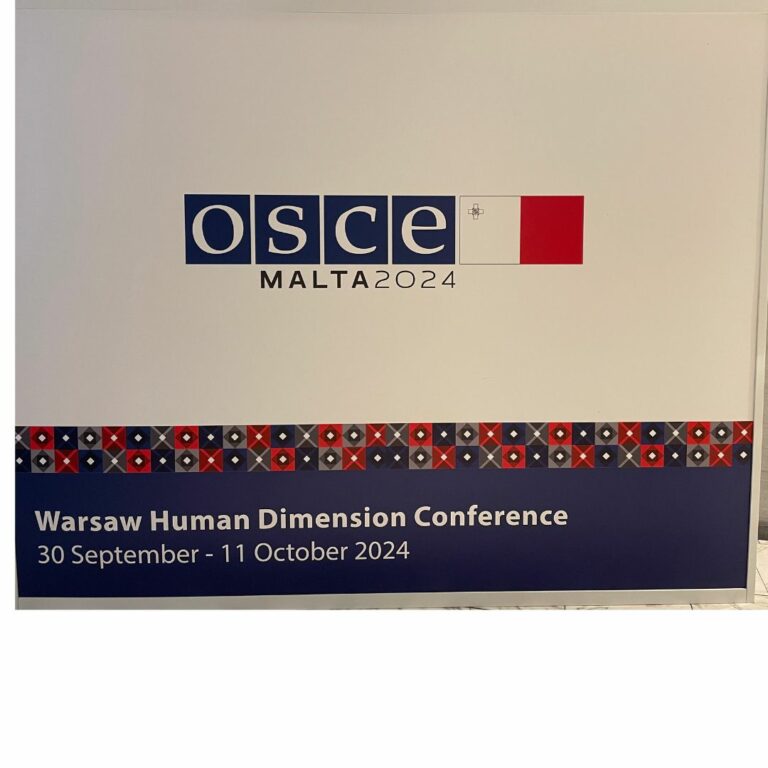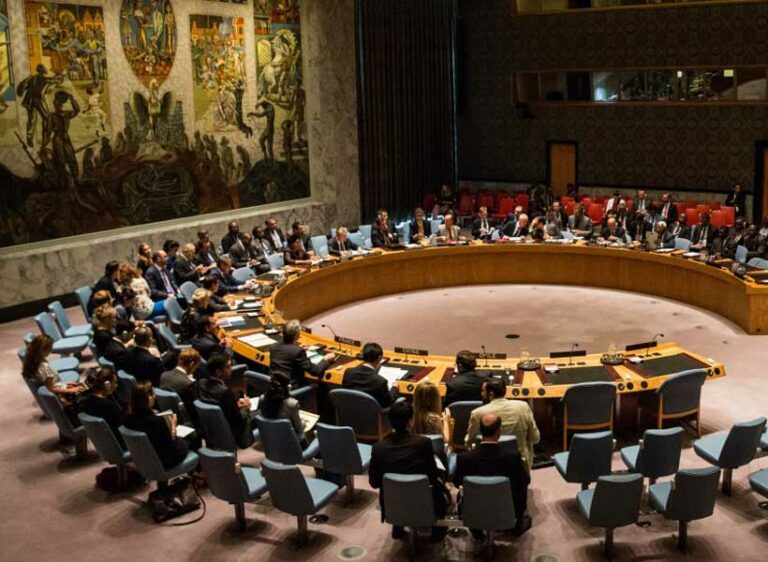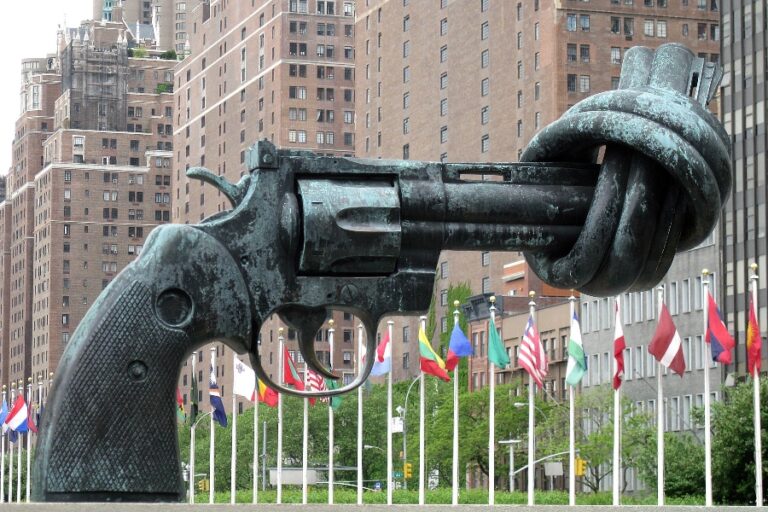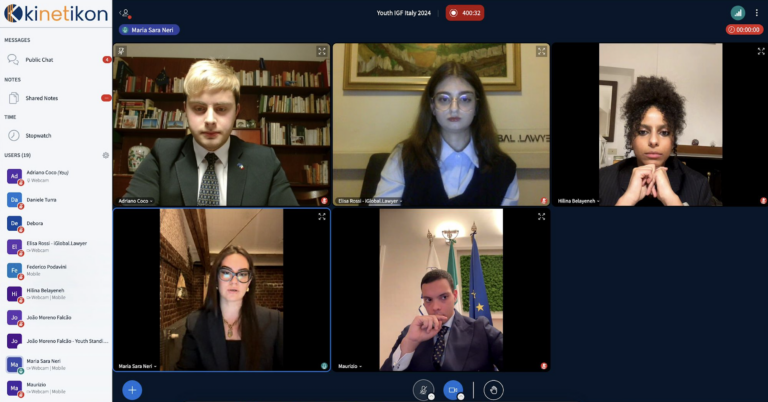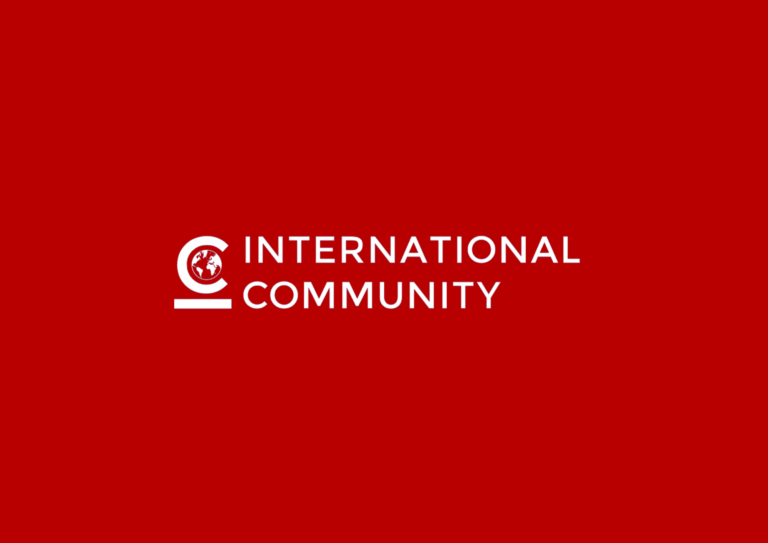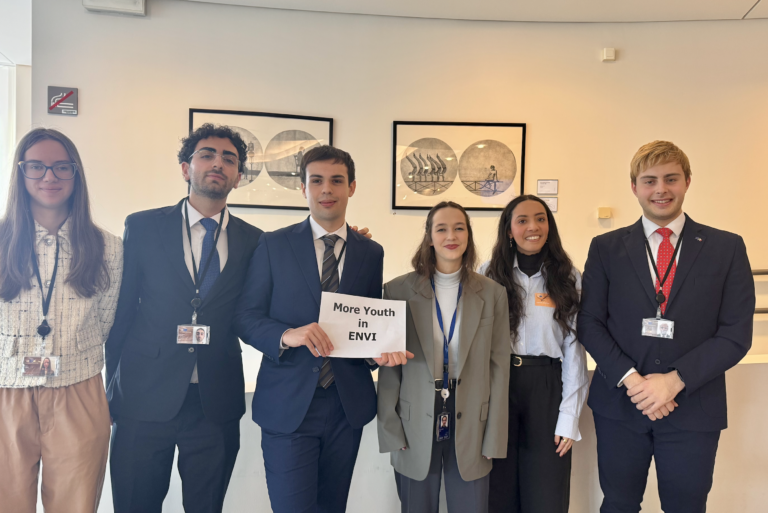Opinion: An analysis of the reactions to the pro-EU demonstrations in EU capitals on March 15, 2025
What we witnessed on March 15th with the pro-EU demonstrations was more than just a public display of support; they were a mirror representing the difficult and often contradictory realities of what Europe is today. In the squares of major capitals, notably Rome and Brussels, citizens voiced their unwavering commitment to the Union’s foundational values – democracy, human rights, and unity in diversity, which perhaps these days we are oftentimes forgetting. Yet, this image of cohesion was immediately followed by the cacophony of online discourse, especially at the Italian level, revealing deep divisions and the insidious power of disinformation, also at the government level.
These protests, occurring at a time of extreme volatility in international relations, geopolitical instability and rising populism, were a powerful assertion of civic engagement. They represented a rejection of the narrative that the EU is an abstract entity, disconnected from the lives of its citizens. The participants, carrying flags and banners, reminded us that the European project is ultimately about citizenship and the related rights, freedoms, and shared future.
However, the online response to these demonstrations laid bare the fragility of this unity. The RearmEU program, a strategic initiative designed to bolster European security, became an easy target for controversy. This program, which seeks to enhance EU defence capabilities through financial innovation and strategic investment, was swiftly and deliberately misrepresented as a prelude to war, despite being evidently a deterrence strategy adopted by the Commission.
The disinformation campaign occurring through social media comments was a clear sign of the uncertain and unclear situation in which we are currently involved. Additionally, the lack of fact-checking among the majority of citizens is evident in different comment sections, like in Italian newspapers’ social media profiles. Indeed, social platforms were flooded with false narratives, portraying the program as an act of aggression and the pro-EU demonstrators as unwitting pawns in a militaristic agenda. This deliberate distortion of reality served to sow discord and undermine public trust in the EU institutions and their policymaking.
The International Community NGO, through its analyses and advocacy efforts, has debunked some of these false claims spread around social media. As it has also been indicated in our position for our EU security advocacy, we firmly believe that RearmEU is actually a strategy of deterrence, which is a necessary response to the evolving security landscape. It is not about provoking conflict, but about ensuring that the EU can effectively defend its interests and preserve its values, that everyone can enjoy, both those in favour and against a more united Europe. Furthermore, the claims that peaceful demonstrators, under their support for the EU, should be sent to a hypothetical frontline are not only morally reprehensible but also a calculated attempt to distort reality.
The online discourse surrounding these events and demonstrations reveals a disturbing trend: the weaponization of information. Disinformation campaigns are not simply about spreading false narratives; they are about eroding trust in institutions, polarizing public opinion, and undermining the very foundations of democracy. They are a form of hybrid warfare, designed to destabilize societies from within.
The challenge facing our Union is not simply about countering disinformation; it is about promoting a culture of critical thinking and media literacy. Citizens must be empowered to discern truth from false statements, to question narratives, and to engage in informed debate. This requires a concerted effort from governments, civil society organizations, and educational institutions.
Author: Adriano Coco


